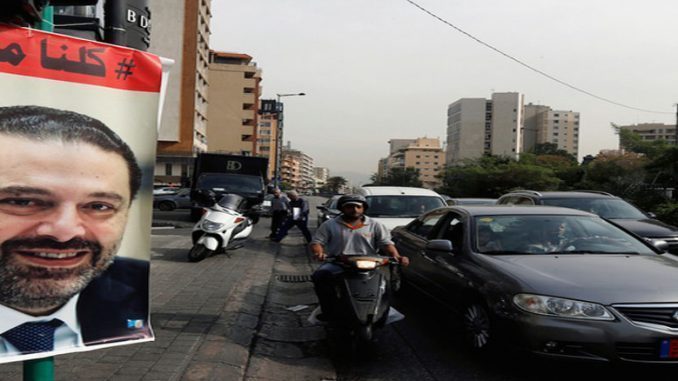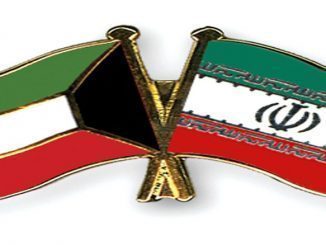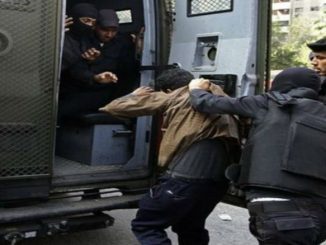
Whether the government is led by Mr Hariri or someone else, it is still Hezbollah that will call the shots, said The Economist in a report on the rivalry of Iran and Saudi Arabia in Lebanon.
Saad Hariri is an unlikely hero for Lebanon. Despite inheriting a powerful surname—not to mention a vast construction company, Saudi Oger—he often bemoaned his lot. He seemed to live in the shadow of his father, Rafik, a former prime minister, whose assassination in 2005 (probably at the behest of Syria) propelled Saad into politics. But during his own two turns as prime minister (from 2009 to 2011, and 2016 to the present) he accomplished little, as the power of Sunnis, like himself, waned. When Saudi Oger shut down this year, his countrymen had little sympathy.
But since his odd televised resignation on November 4th, perhaps under some form of duress in Saudi Arabia, Mr Hariri (pictured) has seen his popularity rise. Many Lebanese, including the country’s president, Michel Aoun, believe he was held against his will in the kingdom. Across Lebanon’s sectarian divide, politicians have championed his return. A website counts the days and hours he has been away. The Arabic hashtag #WeAreAllSaad has appeared on billboards in Beirut. Spectators at the Beirut marathon on November 12th sported banners that read “Running for you” and “We want our PM back”.
Much mystery still surrounds the circumstances of Mr Hariri. His announcement surprised even his own staff—and appeared to have been penned by his Saudi patrons. Mr Hariri denounced Iran, the kingdom’s arch-rival, and its powerful Lebanese ally, Hezbollah, which is part of his government. When, over a week later, Mr Hariri gave his first interview since his resignation, he appeared to fight back tears as he spoke of the support he was receiving back home.
As The Economist went to press Mr Hariri appeared to be on his way out of Saudi Arabia. But he is not heading back to Beirut. He will instead go to Paris, at the invitation of Emmanuel Macron, the French president, who made a surprise visit to Saudi Arabia on November 9th. Mr Macron has insisted that he is not offering Mr Hariri political exile. “We need a strong Lebanon with her territorial integrity respected,” he said. “We need leaders who are free to make their own choices and speak freely.”
Indeed, Mr Hariri has hinted that he might rescind his resignation. Mr Aoun has said he will not accept it until Mr Hariri returns to Beirut. Even then, parliament may nominate him again as prime minister.
Not for the first time Lebanon has become the proxy battleground of outside powers, this time Saudi Arabia, the region’s Sunni champion, and Iran’s Shia regime. For decades, the Saudis poured money into the country only to see Hezbollah become the main political power broker and a potent fighting force. Mr Hariri has done little to curb the group at home or to stop it from supporting Iran’s ambitions in the region. When an Iranian official boasted of his country’s influence in Lebanon after meeting Mr Hariri in Beirut, the Saudis finally snapped, calling the prime minister to Riyadh.
Reluctant warriors
Without the figleaf of Mr Hariri as prime minister, Hezbollah’s influence on Lebanon would be exposed—or so hoped the Saudis as they beat the drums of war. Its officials blamed Iran and Hezbollah for a missile fired at Riyadh from Yemen on November 4th. It was intercepted, but the Saudi government nevertheless called it an “act of war”. On November 9th it told Saudis to leave Lebanon at once, raising concerns of an imminent descent into chaos, or even an attack. The Lebanese held their breath.
But if Saudi Arabia’s plan was to lure Israel and America, which lists Hezbollah as a terrorist group, into a war in Lebanon, it miscalculated. Israel, though deeply concerned about Hezbollah’s growing armoury, appeared wary of being sucked into another conflict in Lebanon. American and European officials publicly urged Mr Hariri to return to Beirut for the sake of Lebanon’s stability. In private, they pressed Saudi Arabia to back down.
The advice was heeded, to the relief of many Lebanese. When Mr Hariri went before the cameras on November 12th he appeared to offer a way out of the crisis. He implied that he might withdraw his resignation if Saudi demands were met—namely that Lebanon commit to staying out of the region’s conflicts. If it refused, the Gulf countries might impose sanctions.
Lebanon’s economy is vulnerable to such pressure. As many as 400,000 Lebanese work in the Gulf, sending home a big share of the remittances that make up about 14% of their homeland’s GDP. Were it so inclined, Saudi Arabia could ban the transfer of this money or expel the workers. It could also withdraw deposits from Lebanon’s central bank, damaging confidence and making it even harder for the country to service its debt, which has reached more than 140% of GDP—one of the highest debt-to-GDP ratios in the world. Were the Gulf to impose sanctions, “all economic hell will break loose,” says Randa Slim of the Middle East Institute.
The unexpected crisis comes as Lebanon had just begun to recover from years of political paralysis. Last month Mr Hariri’s government passed the country’s first budget since 2005. It has set a date for the first parliamentary elections in eight years. It was about to ask international donors for $10bn-12bn in aid to cope with the burden of 1.5m Syrian refugees and to fix the country’s decrepit infrastructure.
But whether the government is led by Mr Hariri or someone else, it is still Hezbollah that will call the shots. Lebanon will remain the region’s punchbag.



